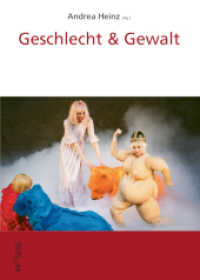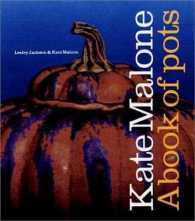- ホーム
- > 洋書
- > 英文書
- > History / World
基本説明
New in paperback. Hardcover was published in 2009. This volume explores the relationship between culture and the military in Chinese society from early China to the Qing empire. A Choice Outstanding Academic Title.
Full Description
This volume explores the relationship between culture and the military in Chinese society from early China to the Qing empire, with contributions by eminent scholars aiming to reexamine the relationship between military matters and law, government, historiography, art, philosophy, literature, and politics.
The book critically investigates the perception that, due to the influence of Confucianism, Chinese culture has systematically devalued military matters. There was nothing inherently pacifist about the Chinese governments' views of war, and pragmatic approaches—even aggressive and expansionist projects—often prevailed.
Though it has changed in form, a military elite has existed in China from the beginning of its history, and military service included a large proportion of the population at any given time. Popular literature praised the martial ethos of fighting men. Civil officials attended constantly to military matters on the administrative and financial ends. The seven military classics produced in antiquity continued to be read even into the modern period.
These original essays explore the ways in which intellectual, civilian, and literary elements helped shape the nature of military institutions, theory, and the culture of war. This important contribution bridges two literatures, military and cultural, that seldom appear together in the study of China, and deepens our understanding of war and society in Chinese history.
Contents
* Acknowledgments * Introduction Nicola Di Cosmo * Law and the Military in Early China Robin D. S. Yates * Martial Prognostication Ralph D. Sawyer * The Western Han Army: Organization, Leadership, and Operation Michael Loewe * The Military Culture of Later Han Rafe de Crespigny * Military Aspects of the War of the Eight Princes, 300--307 Edward L. Dreyer * Narrative Maneuvers: The Representation of Battle in Tang Historical Writing David A. Graff * Tang Military Culture and Its Inner Asian Influences Jonathan Karam Skaff * Unsung Men of War: Acculturated Embodiments of the Martial Ethos in the Song Dynasty Don J. Wyatt * Wen and Wu in Elite Cultural Practices during the Late Ming Kathleen Ryor * Mengzi's Art of War: The Kangxi Emperor Reforms the Qing Military Examinations Sam Gilbert * Writing from Experience: Personal Records of War and Disorder in Jiangnan during the Ming-Qing Transition Grace S. Fong * Militarization of Culture in Eighteenth-Century China Joanna Waley-Cohen * Military Finance of the High Qing Period: An Overview Yingcong Dai * Coercion and Commerce on Two Chinese Frontiers Peter C. Perdue * Notes * Glossary * Bibliography * Contributors * Index








